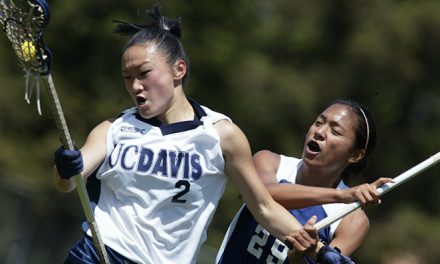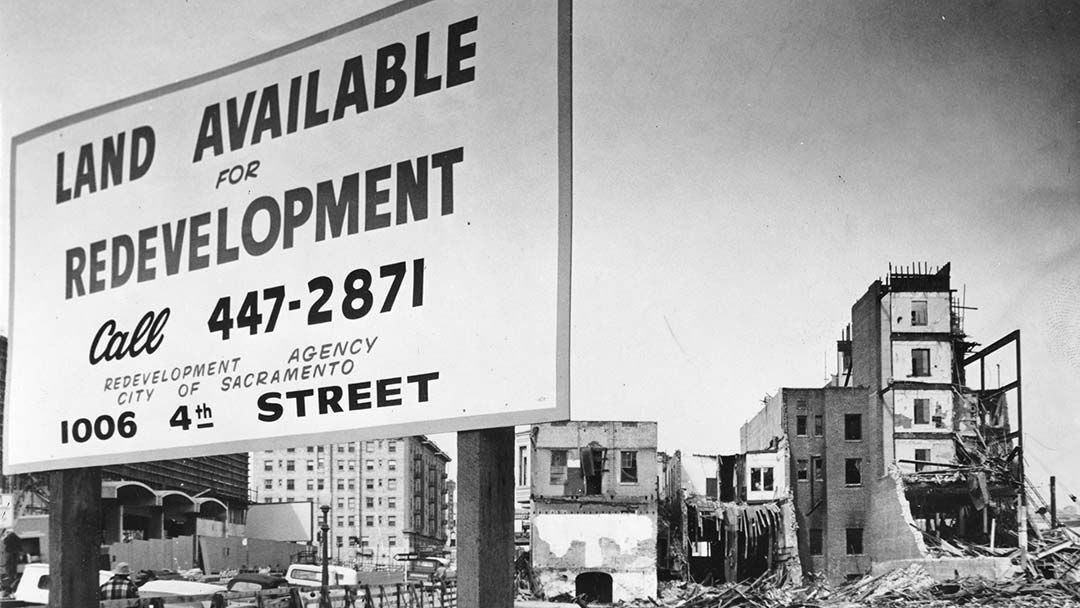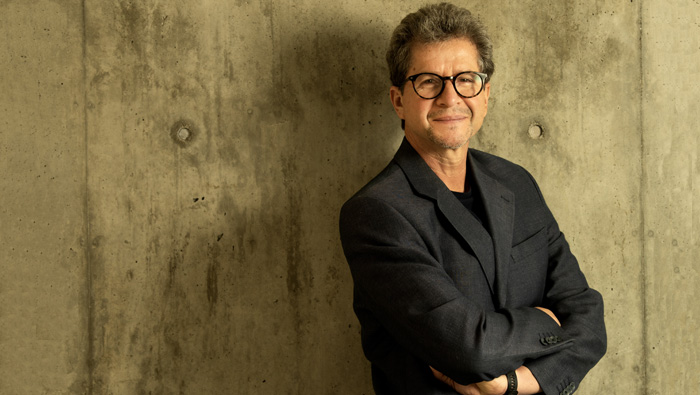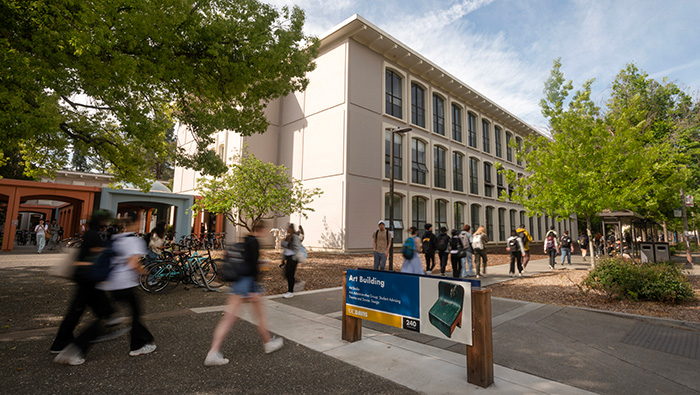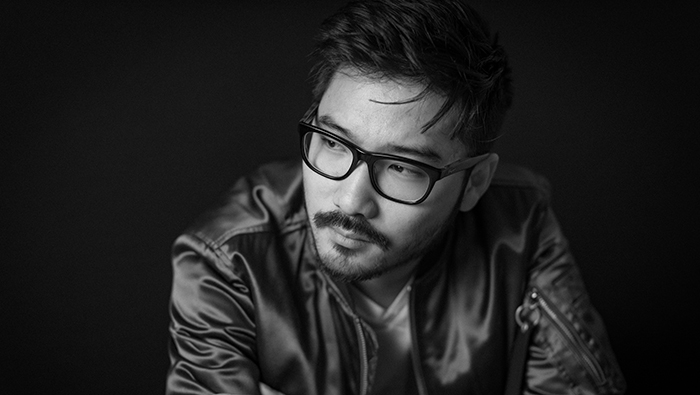
Reimagining the American Outlaw
Between grading students’ papers and studying for finals at the end of spring quarter, Tom Lin was also making publicity appearances and preparing for the release of his debut novel, The Thousand Crimes of Ming Tsu (Little, Brown and Company, 2021). In his third year of his doctoral studies in the English department at UC Davis, Lin’s Western features a new take on the American classic by featuring a protagonist whose community was instrumental in building the West but are often forgotten from its history: Asian immigrants.
What inspired you to write this novel?
The basic idea was always simple — a Western featuring a Chinese American protagonist. I took an early stab at it in a rough attempt for a workshop during undergrad. It was not good. The only thing that was preserved in the end was Ming Tsu’s name. I tried to work on it further but found myself stuck, so I turned to research instead. The more research I did, the clearer the story became. I travelled through the places Ming travelled, read archived newspapers from the era and handled replicas of objects. It was research and history that transformed the idea into a story.
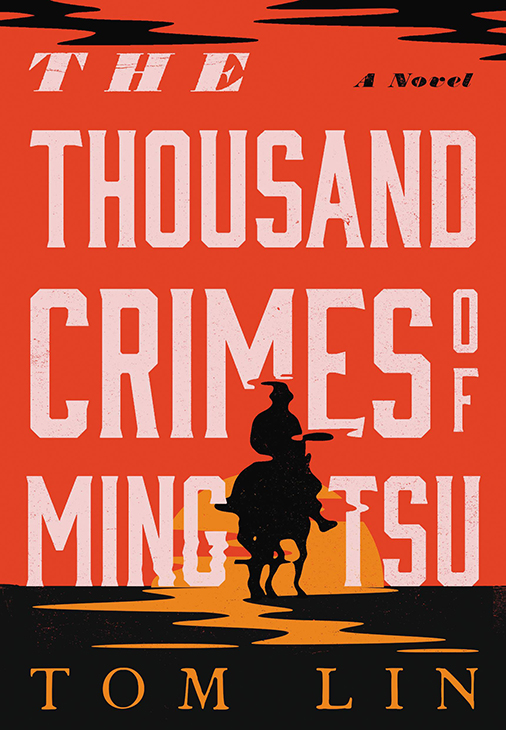
What did you want to accomplish by featuring an Asian immigrant in your novel?
I wanted to think through a series of questions that had long been on my mind, questions about my own personal identity, about the passage of time, about memory, history and labor. From very early on in my process, I knew that the story had to take the shape of a Western. I think the Western as a genre is so powerfully integrated with the United States and cultural concepts of Americanness. I decided to lean into it and see how the myth-making machine of the Western genre might be repurposed.
How has your time as a graduate student at UC Davis affected your career as a writer?
Reading, research, and theory have always been integral parts of my writing process, so I’m fortunate to have the chance to do all that here while working alongside my brilliant colleagues and instructors.
If you had read this novel when you were younger, what effect do you think it could have had on you as a young Asian American?
I think I would have loved this book. As a kid I read extensively but, looking back on it now, I realize I read very few books that featured Asian American characters, (let alone protagonists,) with whom I could relate. What I really wanted was not simply a story that featured an Asian American front and center, but also a story that took place outside of the confines of the Asian American single story, (a narrative that repeatedly presents only one perspective). So I think I would have cherished Ming’s story.
With the rise of anti-Asian hate crimes, how do you hope the empowering messages of this book will resonate with Asian readers?
Something that struck me as I did my research for the book was how familiar many of the racist phrases felt. It is a horrific truth that anti-Asian hate crimes are on the rise, and it is perhaps an even more appalling truth that anti-Asian racism is coequal with Asian American history on this continent. Little has really changed between 1869 and 2021, and there remains a great deal of work to be done. Maybe Ming Tsu’s bloody path through the high desert can bring some of that history to life and help inspire people to action and solidarity.


